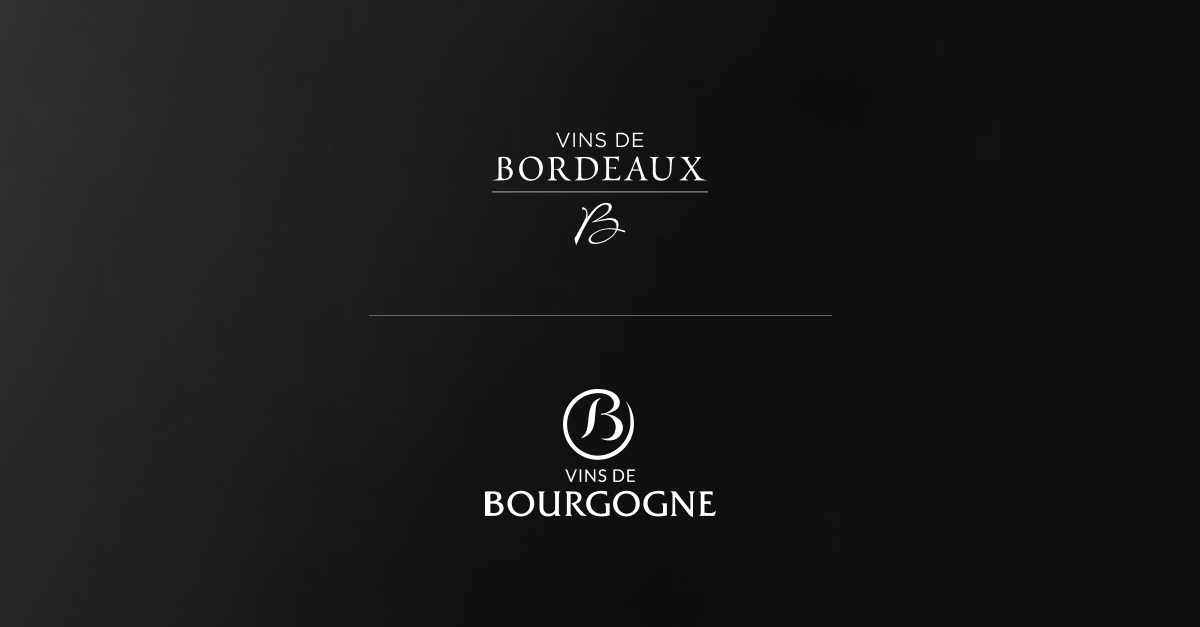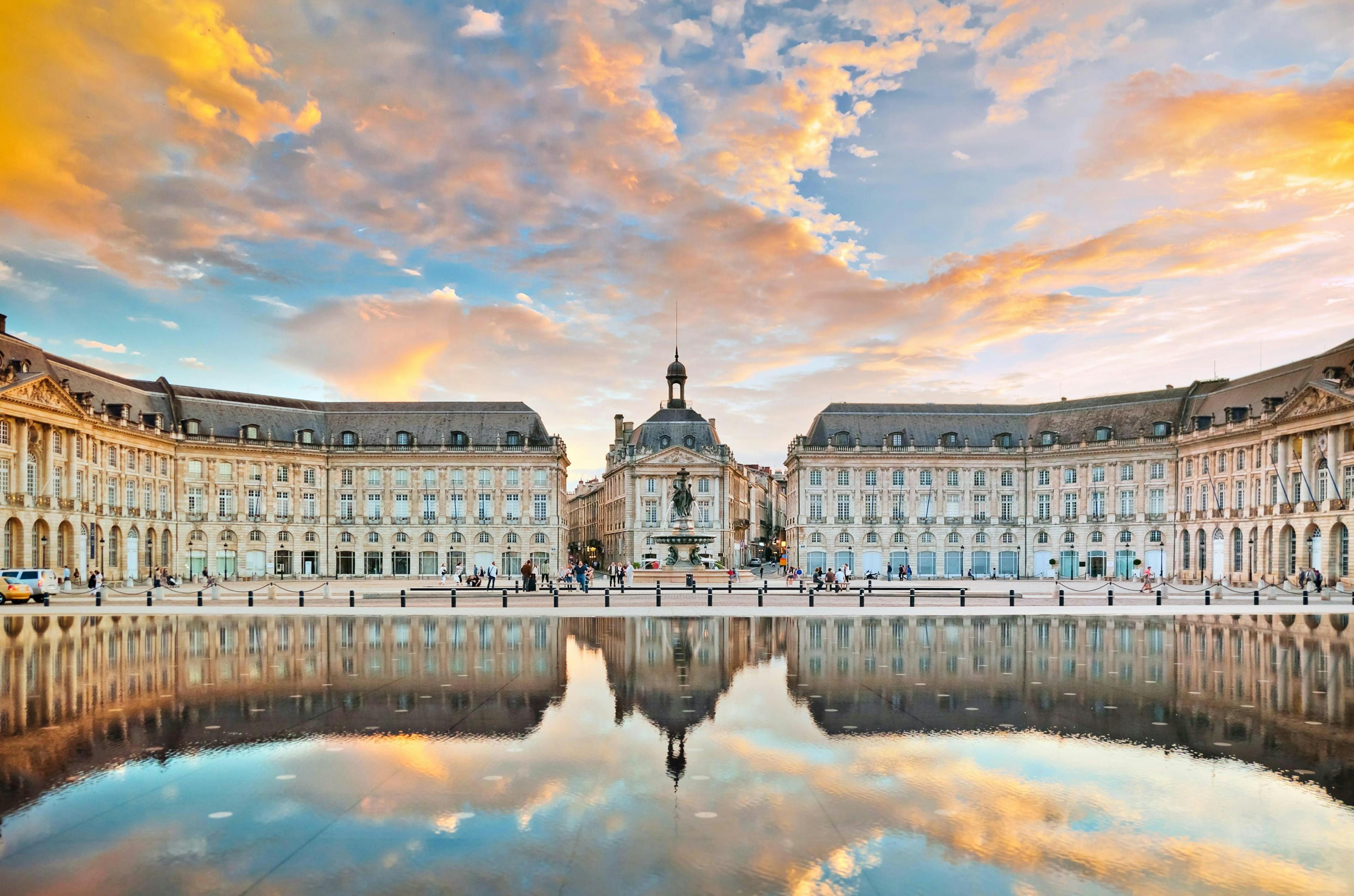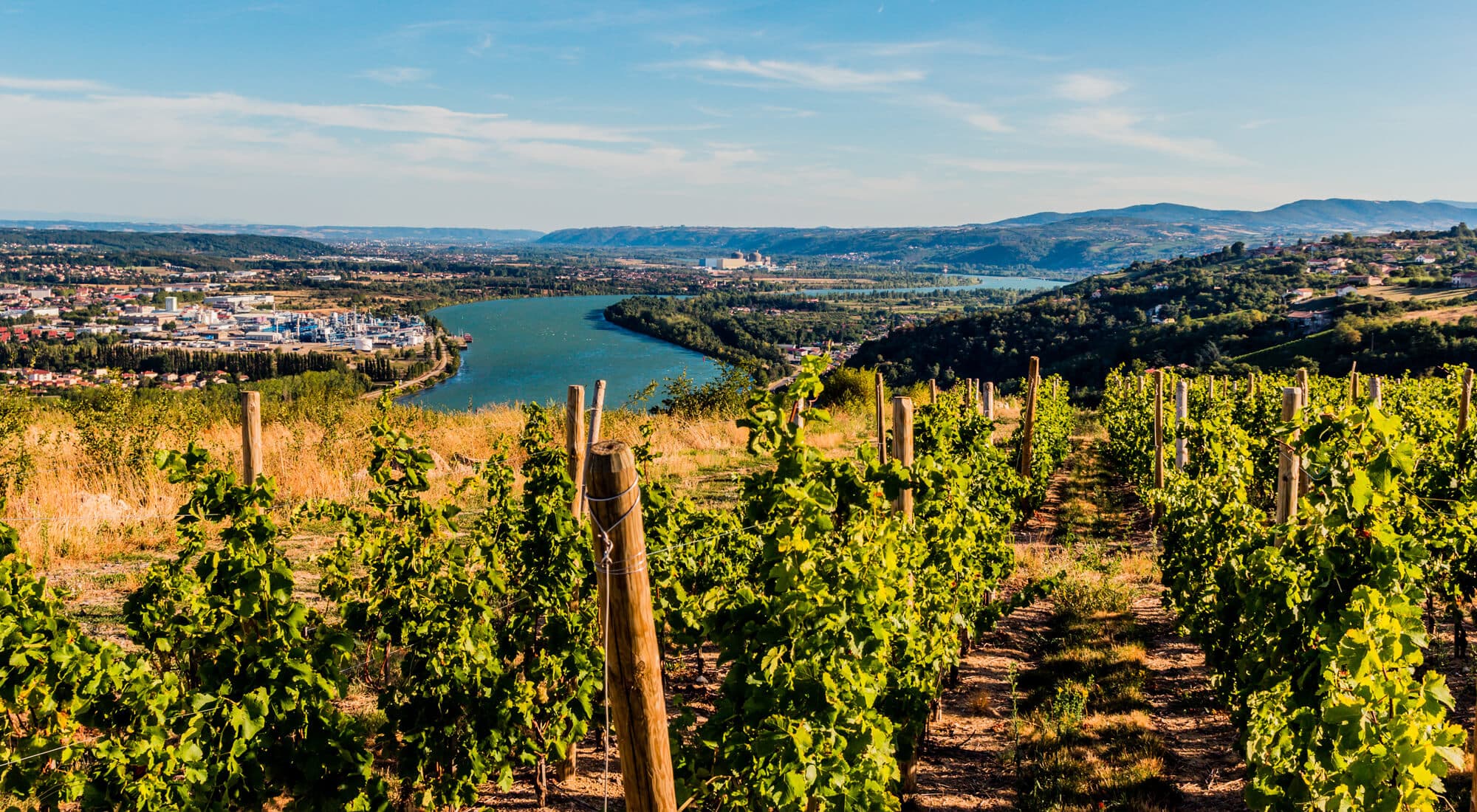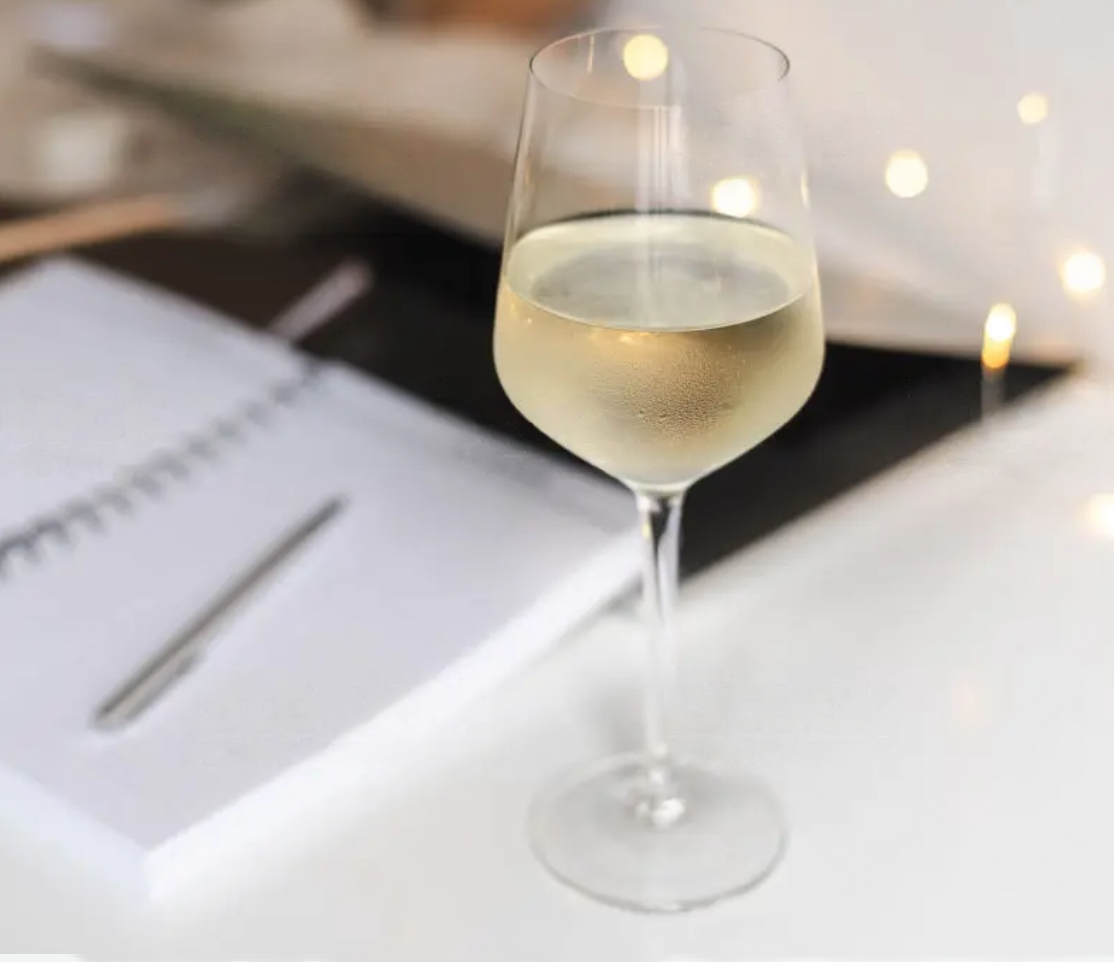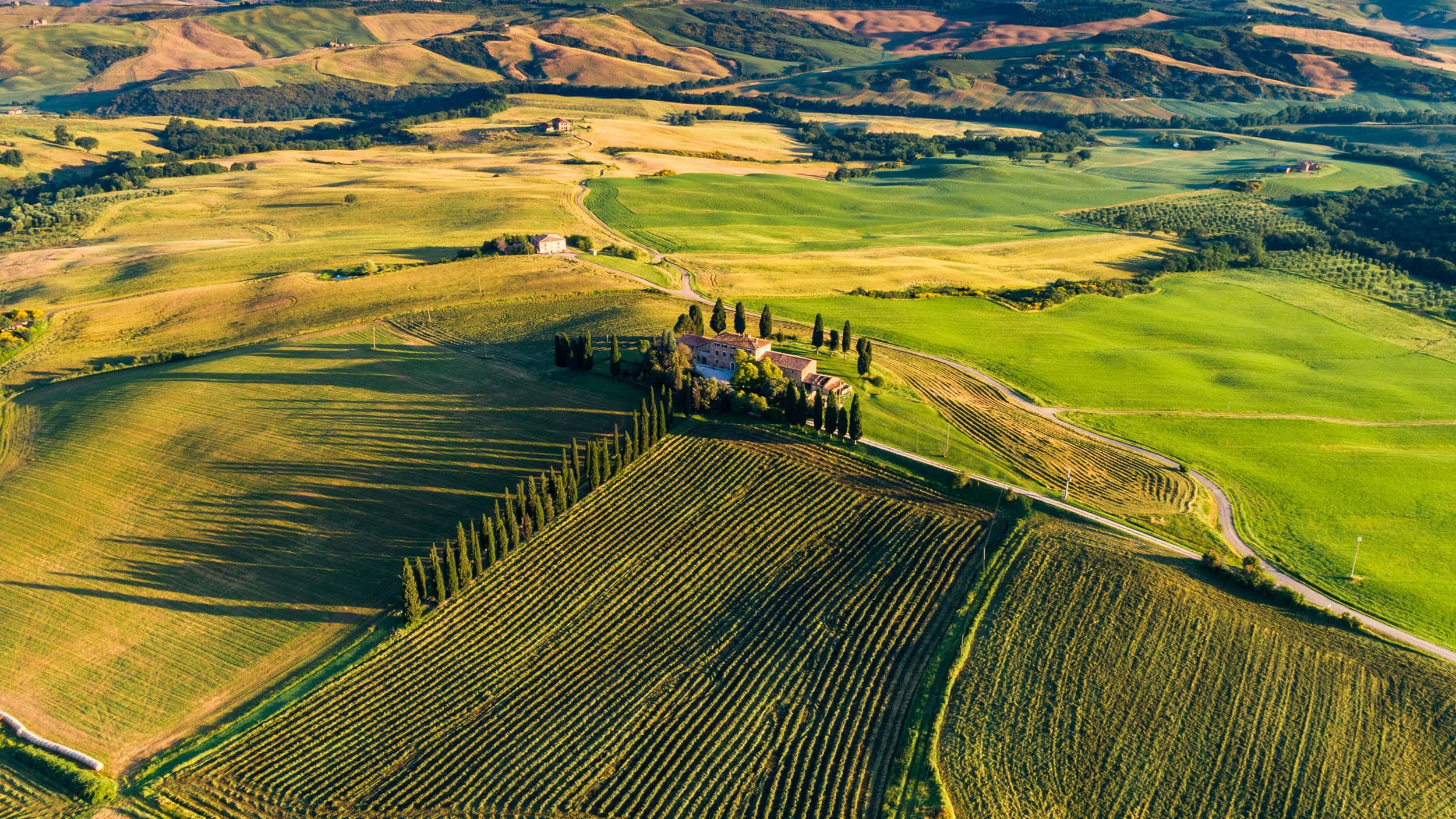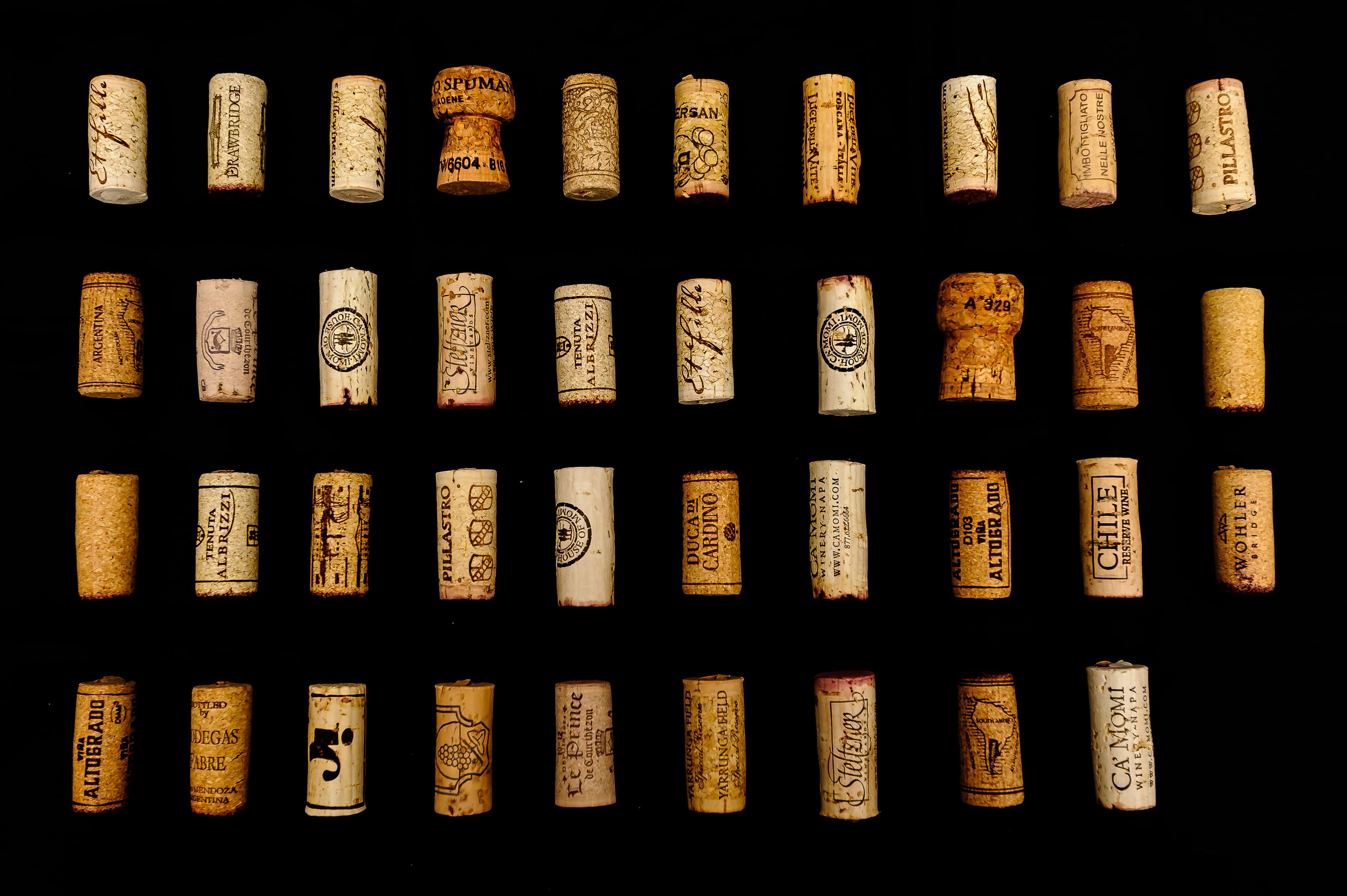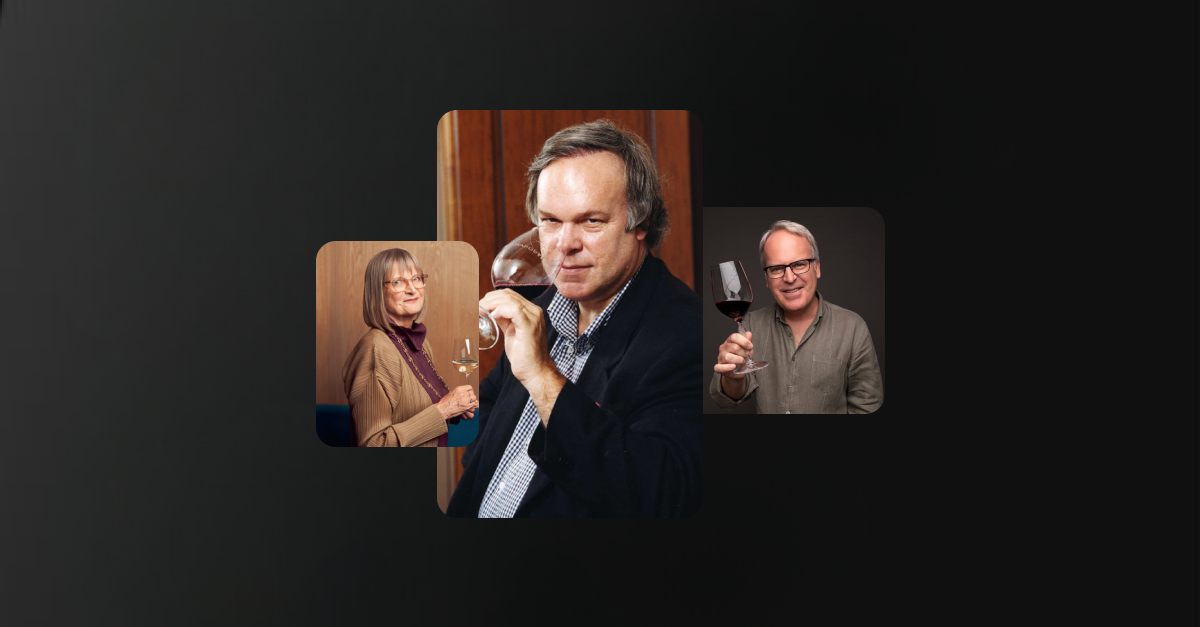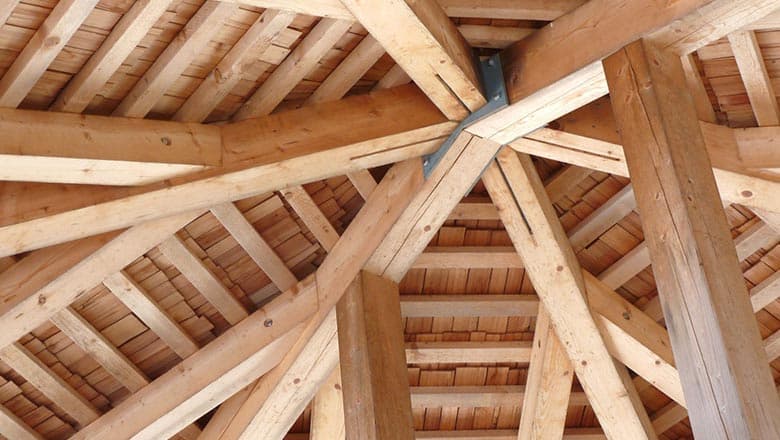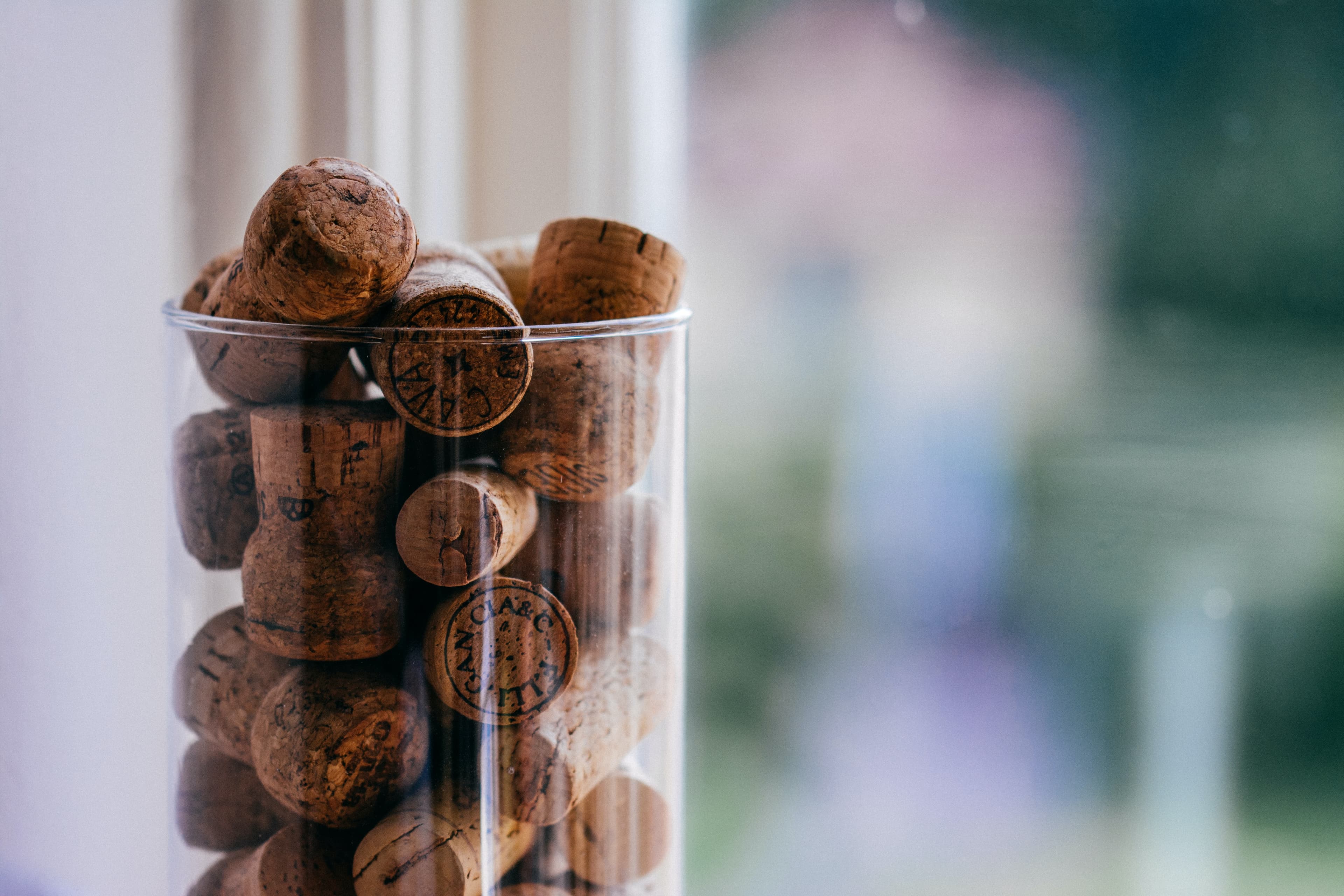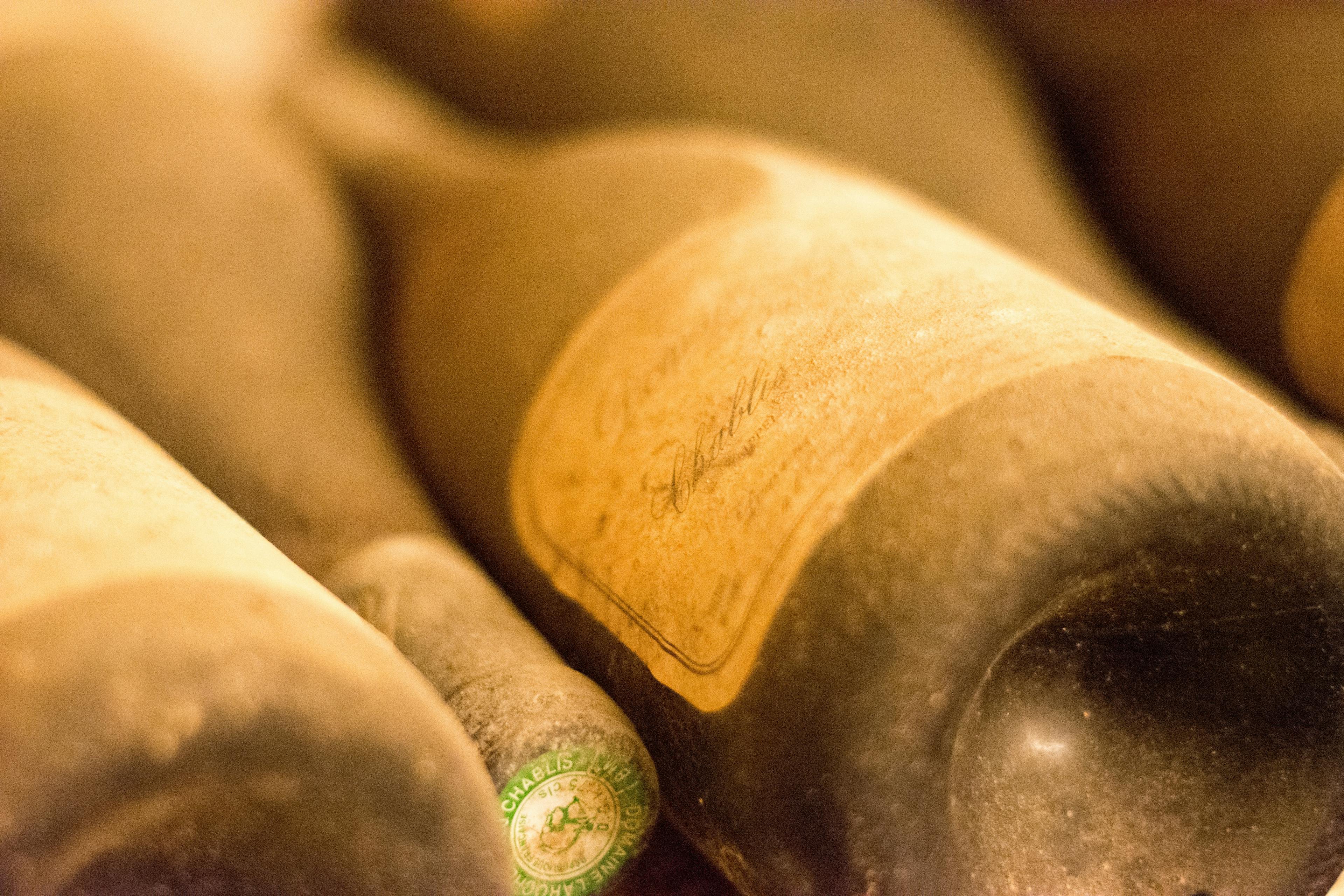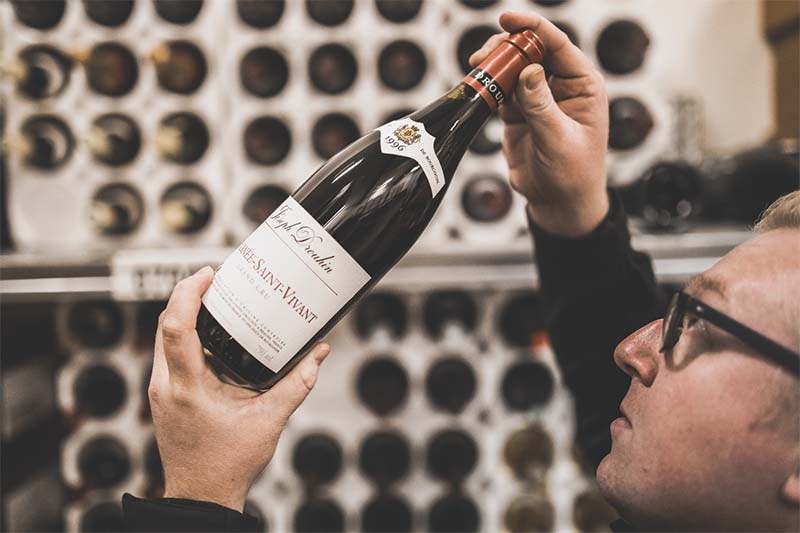What Makes Paul Jaboulet Aîné Unique Among Rhône?
10 min read
Head of Content

In the heart of the Rhône Valley, Paul Jaboulet Aîné stands out as a beacon of quality and tradition in winemaking. This esteemed winery, with its rich history dating back to 1834, has consistently produced some of the most acclaimed wines in the region. The uniqueness of Paul Jaboulet Aîné stems not only from its long-standing heritage but also from its innovative approaches to viticulture and winemaking. This article delves into the various aspects that make this winery a distinguished entity in the Rhône wine landscape, from its iconic vineyards to its pioneering techniques and the passionate people behind its success.
The Grape Varieties Used in Paul Jaboulet Aîné
Paul Jaboulet Aîné, a renowned winemaker in the Rhône Valley, utilizes a diverse array of grape varieties that contribute to its unique profile. Among these, Syrah stands out as the predominant grape, especially in their iconic Hermitage La Chapelle, which showcases the depth and complexity that this variety can achieve in the northern Rhône's optimal conditions.
In addition to Syrah, the winery incorporates lesser-known but equally important grapes to create a balanced and intriguing ensemble. These include:
Grenache: Often blended with Syrah, it adds sweetness and alcohol content, enhancing the wine's body and longevity.
Mourvèdre: This variety contributes structure and tannins, providing a backbone that complements the softer Grenache.
Roussanne and Marsanne: These white grapes are primarily used in the white wines of Paul Jaboulet Aîné, offering floral and spicy notes.
Properly preserving these wines is crucial to maintain their distinctive qualities. Learn more about how to store Paul Jaboulet Aîné wines to ensure they age gracefully and continue to express their exceptional terroir.
Historical Significance in the Rhône Valley
The Rhône Valley, renowned for its viticultural heritage, is home to Paul Jaboulet Aîné, a winery with deep historical roots. Established in 1834, this estate has been instrumental in shaping the wine landscape of the region. Its significance stems not only from longevity but also from its role in pioneering practices that have propelled the quality of Rhône wines to international acclaim.
Paul Jaboulet Aîné's approach to viticulture and vinification has set benchmarks for other wineries. The estate's use of terraced vineyards, for instance, maximizes the exposure of grapes to the sun, enhancing the ripeness and complexity of the wine. This technique, coupled with a commitment to biodynamic farming principles, ensures that each bottle reflects the unique terroir of the Rhône Valley.
Moreover, the winery's historical archives offer a treasure trove of information on the evolution of winemaking in the region. These records provide invaluable insights into past vintages, grape varieties, and food pairings, enriching the narrative of Rhône wines.
Terraced Vineyards: Enhances grape exposure and quality.
Biodynamic Practices: Promotes sustainability and terroir expression.
Archival Resources: Offers insights into historical winemaking techniques.
Unique Winemaking Techniques
Paul Jaboulet Aîné stands out in the Rhône Valley for its distinctive winemaking techniques that blend tradition with innovation. One of the key methods involves using biodynamic farming practices, which emphasize the ecological and holistic relationships between the soil, plants, and animals. This approach ensures that the vineyards are treated as living ecosystems, promoting healthier vines and, consequently, higher quality grapes.
Another innovative technique is the use of gravity-flow winemaking. By allowing gravity to move the grapes through different stages of production, from crushing to fermentation, the winery minimizes mechanical interference, preserving the natural character and flavor profile of the wine. This method not only enhances the quality but also maintains the integrity of the wine.
Additionally, Paul Jaboulet Aîné employs selective handpicking of grapes. This labor-intensive process ensures that only the best grapes are chosen for production, which is crucial for crafting premium wines. Each cluster is carefully evaluated and picked at the optimal time, reflecting the winery's commitment to excellence.
For more detailed facts about their unique practices, exploring further can provide a deeper understanding of why this winery is celebrated worldwide.
The Vineyard's Microclimate and Its Effects
The vineyards of Paul Jaboulet Aîné benefit from a distinctive microclimate that significantly influences the quality and character of their wines. Nestled in the Rhône Valley, these vineyards are exposed to a unique blend of climatic conditions that are ideal for viticulture. The region experiences a Mediterranean climate, characterized by hot summers and mild winters, which ensures a long, beneficial growing season for the grapes.
One of the key aspects of this microclimate is the Mistral wind. This strong, cold northwesterly wind can be harsh but plays a crucial role in keeping the vines healthy. It effectively reduces humidity, thereby minimizing the risk of fungal diseases, which can devastate grape crops. Moreover, the wind stress imposed on the vines encourages the roots to penetrate deeper into the soil, enhancing the vines' access to nutrients and improving the grapes' overall quality.
The varied topography of the area also contributes to the microclimate. Elevation changes and the presence of the Rhône River create pockets of air movement and temperature variations that result in complex flavor profiles in the grapes. This complexity is a hallmark of craftsmanship that distinguishes Paul Jaboulet Aîné wines. Each plot of land, depending on its specific environmental conditions, contributes uniquely to the final blend, offering a rich tapestry of flavors and aromas.
Paul Jaboulet Aîné's Contribution to Rhône's Reputation
Paul Jaboulet Aîné has played a pivotal role in shaping the reputation of the Rhône wine region. Founded in 1834, this esteemed winery has consistently produced wines that reflect the rich terroir and diverse climates of the Rhône Valley. Their commitment to quality and innovation has set a benchmark for other producers in the area.
Heritage and Continuity: Over the decades, Paul Jaboulet Aîné has maintained a deep respect for tradition while embracing modern techniques. This balance ensures that each vintage is both a reflection of its roots and a step towards future possibilities.
Pioneering Techniques: The introduction of new cultivation methods and state-of-the-art technology has allowed the winery to enhance the innate qualities of their vineyards, leading to more precise and expressive wines.
Global Recognition: Wines from Paul Jaboulet Aîné have garnered international acclaim, helping to elevate the global perception of Rhône wines. Their renowned "La Chapelle" is a prime example, capturing the essence of the Hermitage appellation.
Understanding the history of Paul Jaboulet Aîné provides insight into how they have influenced not just the Rhône Valley but also the broader wine world. Their efforts have been instrumental in promoting the region's wine on an international stage, thereby contributing significantly to its esteemed status today.
Awards and Recognitions
Paul Jaboulet Aîné has garnered numerous awards and recognitions, solidifying its reputation as a premier winemaker in the Rhône region. This acclaim is a testament to the exceptional quality and distinctive taste of their wines. Among the accolades, several vintages have been awarded prestigious scores from renowned wine critics and competitions. For instance:
The Hermitage La Chapelle has consistently received high ratings, often surpassing 90 points on various wine scoring platforms.
Decanter World Wine Awards recognized several of their wines, highlighting the complexity and depth that Paul Jaboulet Aîné brings to each bottle.
At the International Wine Challenge, the winery's efforts in sustainable viticulture were also commended, further enhancing their standing in the global wine community.
These recognitions not only underscore the winery's commitment to quality but also help to elevate the profile of Rhône wines on the international stage. Each award serves as a benchmark for other producers, inspiring a continuous pursuit of excellence in the wine industry.
Comparison with Other Rhône Wines
Paul Jaboulet Aîné stands out in the Rhône Valley for its distinctive approach to winemaking and the unique profile of its wines. When comparing these wines to others from the same region, several differences become apparent:
Vineyard Locations: Jaboulet benefits from owning vineyards in some of the most prestigious appellations, including Hermitage and Côte-Rôtie. This strategic positioning allows for the cultivation of grapes with optimal sun exposure and soil composition, enhancing the complexity and flavor profile of their wines.
Aging Process: Unlike many local producers who may favor shorter aging periods, Jaboulet often extends the maturation of their wines. This extended aging in oak barrels imparts deeper flavors and a more robust structure, distinguishing their bottles from others.
Varietal Selection: While many Rhône vintners focus on Syrah, Jaboulet incorporates a broader variety of grapes, including rare types like Roussanne and Marsanne, adding a unique twist to their blends.
Sustainability Practices: Jaboulet has committed to sustainable viticulture, employing organic and biodynamic practices long before they became trendy. This dedication not only respects the environment but also enhances the purity and expression of their wines.
For those interested in experiencing the best of what Jaboulet has to offer, learning how to serve these wines properly can significantly enhance the tasting experience.
The Role of the Jaboulet Family in Innovation
The Jaboulet family has been instrumental in shaping the wine industry in the Rhône Valley, particularly through their innovative approaches to viticulture and winemaking. Since their establishment in 1834, the family's dedication to quality and innovation has set Paul Jaboulet Aîné apart. One of their most significant contributions is the development of techniques that enhance the complexity and character of their wines.
Pioneering Vineyard Practices: The Jaboulets were among the first in the region to implement organic and biodynamic farming methods. These practices not only improved the sustainability of their vineyards but also increased the quality of the grapes.
Technological Advancements: Adoption of state-of-the-art technology in the winemaking process has allowed for better temperature control during fermentation, which preserves the natural flavors and aromas of the wine.
Focus on Terroir: Understanding the importance of terroir, the Jaboulets have meticulously mapped their vineyards to plant grape varieties that best suit the soil and climate of each parcel.
These innovations not only contribute to the high quality of popular vintages but also ensure the legacy of the Jaboulet family continues to influence the wine industry globally.
Sustainability Practices in Vineyard Management
Paul Jaboulet Aîné stands out in the Rhône Valley not only for its exceptional wines but also for its commitment to sustainable vineyard management. The estate has implemented several eco-friendly practices that ensure the health of the vineyard and the surrounding environment. These include organic farming techniques, which eliminate the use of synthetic pesticides and fertilizers, promoting a healthier ecosystem.
Water conservation is another critical aspect of their sustainability efforts. By utilizing drip irrigation systems, the vineyard significantly reduces water usage, ensuring that each plant receives just the right amount without waste. This method not only conserves water but also helps in maintaining the optimal soil moisture level, which is crucial for grape quality.
Biodiversity is encouraged through the planting of cover crops between vine rows. These plants help in preventing soil erosion, enhancing soil fertility, and providing habitat for beneficial insects. By fostering a diverse ecosystem, Paul Jaboulet Aîné enhances the natural resilience of the vineyard against pests and diseases.
For those interested in enjoying wines that are produced with a conscience, Paul Jaboulet Aîné offers a remarkable example of how traditional winemaking can harmonize with modern environmental practices.
Conclusion
In conclusion, Paul Jaboulet Aîné stands out in the Rhône Valley not only for its rich history and commitment to quality but also for its innovative approach to winemaking and sustainability. The estate's dedication to biodynamic practices and its meticulous attention to each varietal's needs highlight its role as a steward of the land and a leader in producing wines that truly reflect their terroir. Furthermore, the iconic La Chapelle, sourced from the revered Hermitage hill, continues to be a symbol of the winery's excellence and a beacon for collectors and enthusiasts around the world.
For those looking to invest in or collect wines from Paul Jaboulet Aîné, Rekolt offers an exceptional service that complements the storied nature of these wines. By choosing to store your wine purchases in our professional cellars, you not only ensure optimal aging conditions but also maintain flexibility in managing your investment. Whether you're planning to enjoy your bottles in the future or considering their resale value, Rekolt provides a seamless solution that protects and enhances the worth of your fine wine portfolio. This service, combined with the distinguished offerings of Paul Jaboulet Aîné, ensures that connoisseurs and investors alike can experience the best of Rhône wines with confidence and convenience.
Share this article
